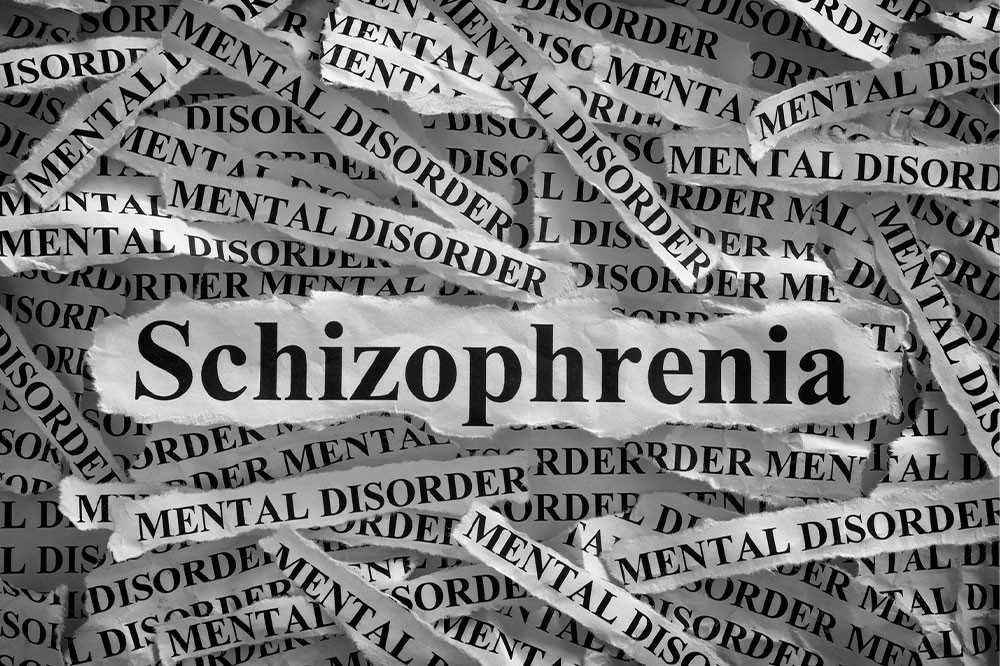
Schizophrenia – Symptoms, treatment and types
Schizophrenia is a chronic thought disorder that affects the way in which a person thinks, behaves, and communicates. It can lead to severe symptoms like hallucinations, delusions, and disordered thinking and behavior. The symptoms have a major impact on the patient’s daily life. Early diagnosis is critical, as it can help an individual in managing the symptoms to an extent. This article highlights the treatment options, types, and symptoms of schizophrenia.
Symptoms
Abnormal motor behavior
This is one of the most common symptoms among schizophrenia patients. It may manifest itself in ways like jerky, irregular movements, continuous spasms, and muscle contractions. Additionally, a person suffering from schizophrenia might get agitated unpredictably. They may have an inappropriate posture, a total lack of response, or they may show excess movement.
Delusions
Approximately 90 percent of the patients face delusions, which include illogical or bizarre ideas. The patient may think everyone is trying to harm or harass them, or they may also be under the impression that someone is in love with them.
Hallucinations
Here, the patient is able to hear or see things that actually don’t exist. Hearing sounds or voices is the most common type of hallucination experienced by schizophrenia patients.
Treatment options
Medical intervention
When schizophrenia is diagnosed at an early stage, its symptoms can be managed with prescription treatments. The treatment options listed below can help in the management of schizophrenia symptoms:
ABILIFY® (aripiprazole)
This is prescribed to adults and adolescent (13 to 17 years) patients with schizophrenia. It is used on patients who don’t respond to therapy. It is known to restore the balance of certain neurotransmitters in the brain. ABILIFY® can also help reduce hallucinations and enhance one’s concentration.
INVEGA® (paliperidone)
INVEGA® is a prescription treatment used to treat the various symptoms of schizophrenia and schizoaffective disorder. The treatment has been approved for use in adolescents and adults. Side effects may include tremors, increased heart rate, shortness of breath, fever, chills, and more.
SAPHRIS® (asenapine)
The treatment option may be prescribed to patients with acute schizophrenia symptoms. It could help manage the symptoms over a long period of time and reduce the possibility of relapse. The treatment option is known to help in the rebalancing of dopamine and serotonin levels. This helps improve a person’s thinking abilities and behavior.
REXULTI® (brexpiprazole)
In addition to serotonin and dopamine, REXULTI® also has binding affinity with norepinephrine receptors. It helps ease the symptoms of schizophrenia. Mild side effects of this treatment option include constipation, headache, and tiredness.
VRAYLAR® (c ariprazine)
It helps with managing the symptoms of mania. VRAYLAR® is another treatment option that helps in maintaining the balance of neurotransmitters in the brain. This is important since neurotransmitters like dopamine are linked to thought disorders like schizophrenia.
Psychological therapy
Talking to a therapist can help in the management of schizophrenia. Some common types of psychological treatments include cognitive behavioral therapy, psychoeducation, and family psychoeducation. These methods help the patient and their family members to cope better with the symptoms. It also helps in keeping the patient on track with extensive treatment plans. Long-term therapy sessions can help take care of other related issues like anxiety.
Electroconvulsive therapy (ECT)
When a patient does not respond to medication and therapy, doctors suggest the use of ECT. The treatment involves using an electric current that’s meant to stimulate the brain with electrical impulses. The treatment is prescribed to patients who are going through extreme agitation. ECT treatments are generally administered thrice a week. Most symptoms are known to subside by then. After that, a patient might be given ECT once a week or every three to four months, depending on their symptoms.
Types of schizophrenia
Paranoid schizophrenia
This is a common type of schizophrenia that may include hallucinations and delusions as symptoms. However, a person’s speech may not be badly impacted. The patient may feel paranoid to an extreme level, which could result in inappropriate emotional response.
Catatonic schizophrenia
This type of schizophrenia may limit the patient from feeling any emotions and restrict their mental and physical capabilities. Patients with catatonic schizophrenia barely show any facial expressions. They may even stand completely still for a long period of time, which appears as though they are paralyzed. The patient has no inclination to eat, drink, or urinate, which can call for a medical emergency if it lasts extremely long.
Undifferentiated schizophrenia
Patients with this type of schizophrenia may display vague symptoms like paranoia and confusion. They may talk or overexpress themselves excessively. The patient may not be concerned with things like changing of clothes or taking a shower.
Residual schizophrenia
Patients may experience slow movement, poor memory, and lack of concentration. People with a history of psychosis are more prone to developing residual schizophrenia.
Disorganized (hebephrenic) schizophrenia
The person may have symptoms like disorganized thinking, unusual speech patterns, flat affect, inappropriate emotions, and incongruent facial reactions.